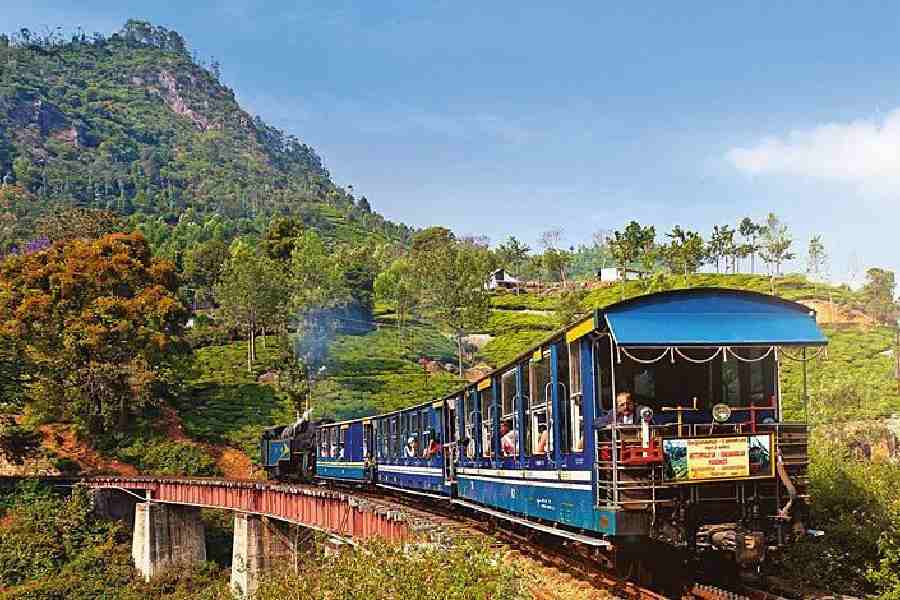Calcutta: The term of the bond that commits doctors in Bengal to three years of mandatory government service at the time of admission to a postgraduate or postdoctoral course could be reduced by two years, a top official said on Wednesday in acknowledgement of the systemic flaw that robs state-run health care of specialists.
"We will discuss how to go back to the one-year bond. I have spoken to students and feel that their demand (for reducing the term from three years to one) is a logical one," Pradip Mitra, the new director of medical education, said. "Doctors from outside Bengal are reluctant to come here because of the three-year bond. Now, doctors from our state are going outside to do their postgraduation or postdoctoral studies."
According to Mitra, restricting the period of compulsory service to a year would give the government scope to raise the penalty for an early exit from the existing cap of Rs 30 lakh.
A division bench of Calcutta High Court is currently hearing a case filed by a group of doctors, challenging the system that prevents them from exiting government service without paying Rs 30 lakh each. The bench recently clamped a stay on the practice of making postgraduate medical students sign the bond till it disposes of the contempt case filed by 146 doctors.
States like Maharashtra also get doctors to sign bonds to serve in government hospitals before they study for postgraduate or postdoctoral specialisation, but the period of service is only a year.
Bengal has 150-odd seats across postdoctoral courses, but doesn't produce as many super specialists because doctors are wary of signing the bond at the time of admission. "If we can't produce enough doctors for super speciality hospitals, how will they function?" said a senior official at Swasthya Bhavan, the headquarters of the health department.
The state government has made all 42 new super speciality hospitals operational, but there aren't enough doctors to run them. Metro had reported on Tuesday about one such facility in the heart of Calcutta, the MR Bangur Super Speciality Hospital in Tollygunge, having more security guards than doctors.
The super speciality hospitals in the districts are apparently worse off. "Specialists from medical colleges in Calcutta visit those hospitals once or twice a week to treat patients," the official said. "The government is spending a huge amount of money in continuing this arrangement."
A medical college professor said it would be foolhardy to expect doctors to perform complicated surgeries at the new super speciality hospitals in the districts without support teams. "We need a back-up team for post-surgical treatments. If something happens to my patient, it will be my responsibility, after all."
The health department is looking to telemedicine to fill the gap. The medical colleges have been asked to identity places within their campuses where telemedicine units can be set up for top doctors in different disciplines to guide their colleagues at the super speciality hospitals in the districts.
But the consensus among medical professionals is that telemedicine cannot be an alternative to physical examination of patients. "The only solution is to get more specialists to treat patients there," a doctor said.
Low pay compared to what government doctors earn in cities like Delhi is among the reasons why doctors are reluctant to work in state-run hospitals after completing their postgraduate or postdoctoral specialisation. "A doctor with a postgraduate degree and working in a government hospital in Delhi gets paid more than Rs 1.5 lakh a month. Someone with the same qualifications and serving here with a three-year bond hanging over his or her head gets Rs 50,000," a postgraduate student had told Metro earlier this week.
The West Bengal Health University had in June 2014 issued a notification fixing the exit amount for doctors studying for a postgraduate degree or diploma at Rs 10 lakh if they don't serve for a year. In 2017, the bond amount for MD or MS doctors was raised to Rs 30 lakh and the service period to three years. The amount for doctors with a postgraduate diploma remained unchanged, although the service period was raised to five years.










